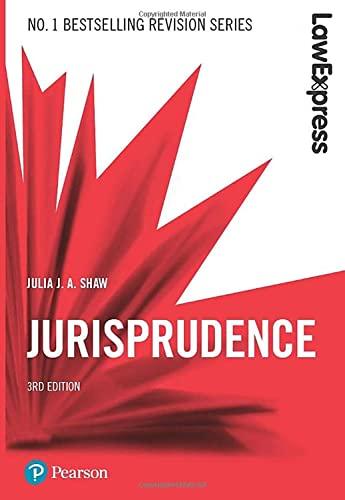Question
The most common understanding of legal principles includes a foundation in autonomy, beneficence, nonmaleficence, and justice, along with rules such as confidentiality, privacy, and truthfulness.
The most common understanding of legal principles includes a foundation in autonomy, beneficence, nonmaleficence, and justice, along with rules such as confidentiality, privacy, and truthfulness. Likewise, the Hippocratic Oath has been the universally accepted pledge for medical professionals in the United States. Collectively, these ideologies are sufficient to generate and understand health care ethics.
First, begin by familiarizing yourself with the following articles found in Unit 3 of theHA550 Library Reading List:
- Emanuel, E. J. (2014). Why I hope to die at 75.Atlantic,314(3), 74.
- Faria Jr, M. A. (2015). Bioethics and why I hope to live beyond age 75 attaining wisdom!: A rebuttal to Dr. Ezekiel Emanuel's 75 age limit.Surgical Neurology International, 6(1), 171-175.
In the following discussion, address the following:
- Support or refute the claim that a physician is morally obligated to defend euthanasia or physician-assisted suicide (PAS) because they are obligated to respect the patient's autonomy.
- Discuss how the commitments promised in the Hippocratic Oath might conflict against a physician's obligation to save lives.
- How can you take this week's discussion topic and apply it in the real world?
Step by Step Solution
There are 3 Steps involved in it
Step: 1

Get Instant Access to Expert-Tailored Solutions
See step-by-step solutions with expert insights and AI powered tools for academic success
Step: 2

Step: 3

Ace Your Homework with AI
Get the answers you need in no time with our AI-driven, step-by-step assistance
Get Started


